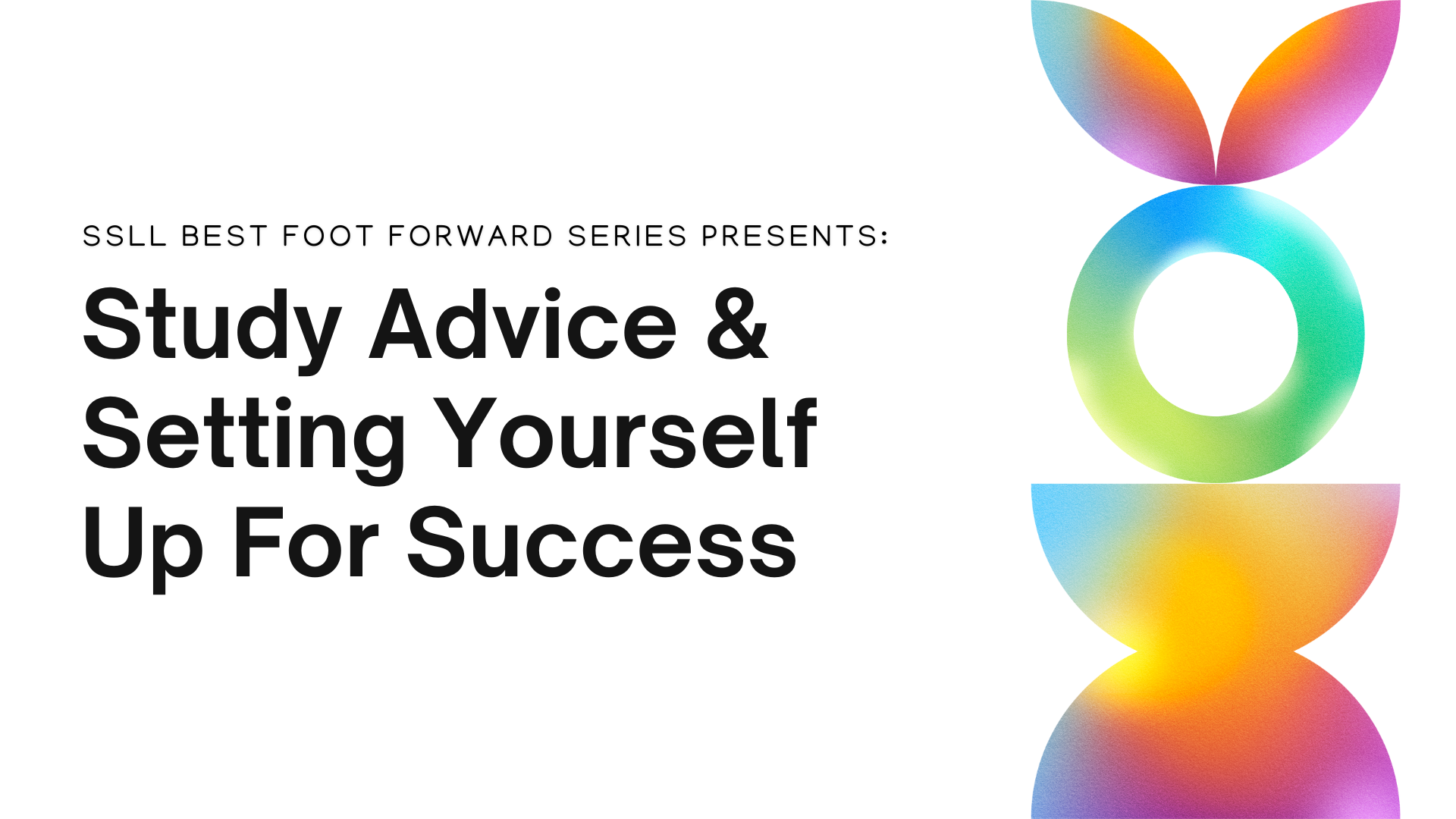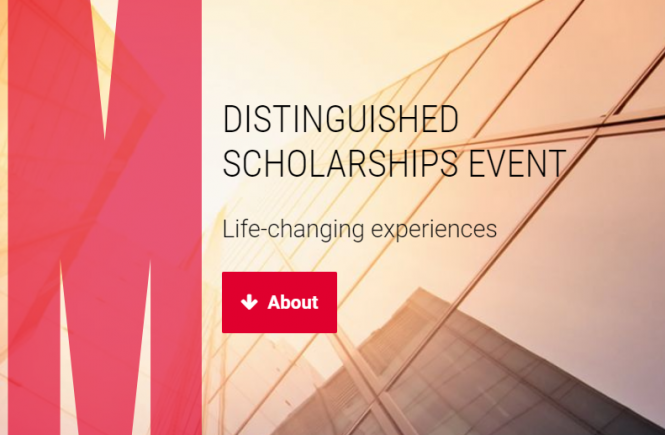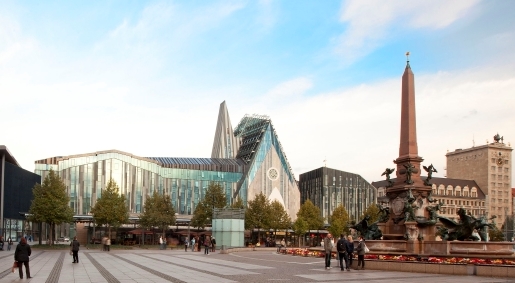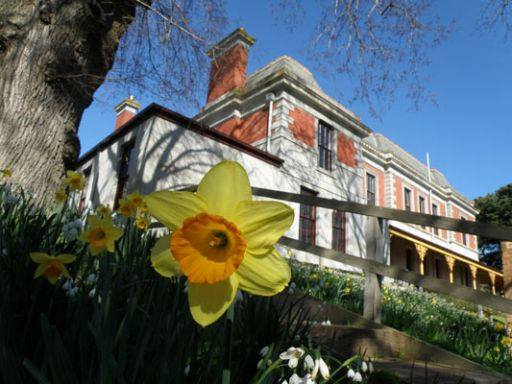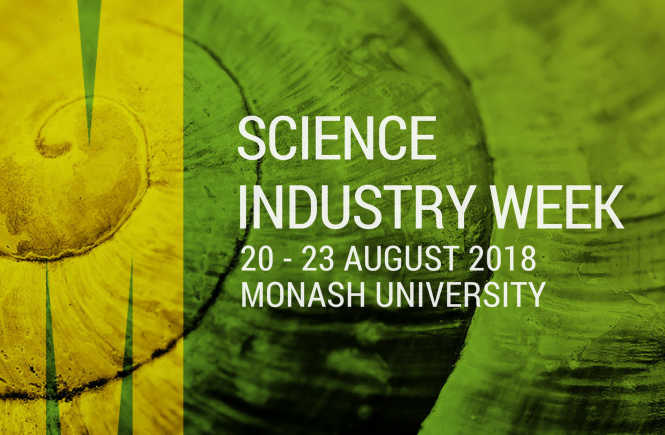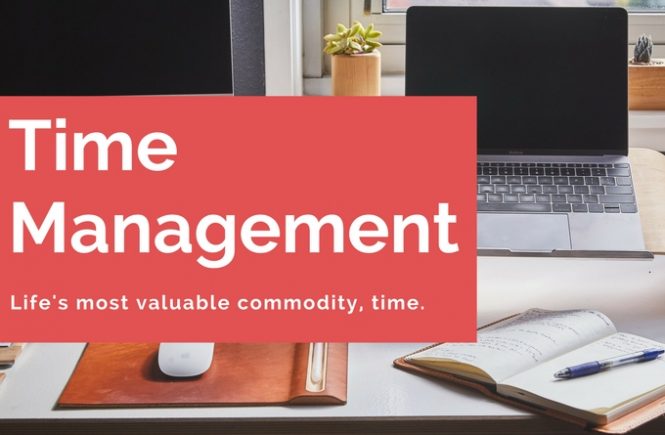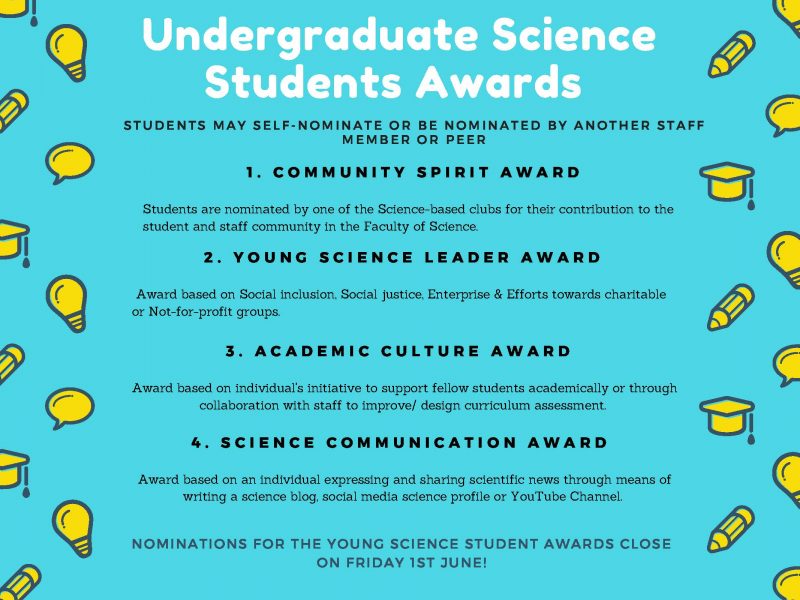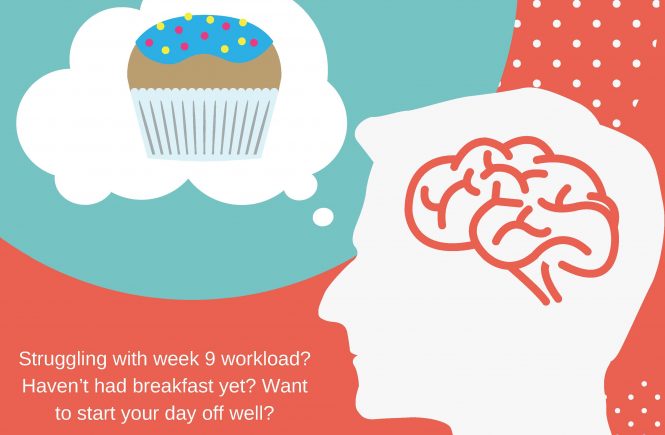Join us for our panel event in Week 2!
You will get the opportunity to hear from high achieving senior students who will share the strategies they use to succeed in their studies and their advice on making the most of your time as a Monash science student.
This event is a unique opportunity to connect with fellow students, ask questions, and learn from their experiences. You’ll leave with a better understanding of how to approach your studies and a toolbox of tips and tricks to help you succeed.
Don’t miss out on this chance to achieve your academic goals and become a top-performing science student.
Date: Tuesday the 5th of March (Week 2)
Time: 5:00-6:30PM
Venue: Room 331, Level 3,19 Ancora Imparo Way (LTB)
Catering: Light refreshments will be provided
Register HERE

